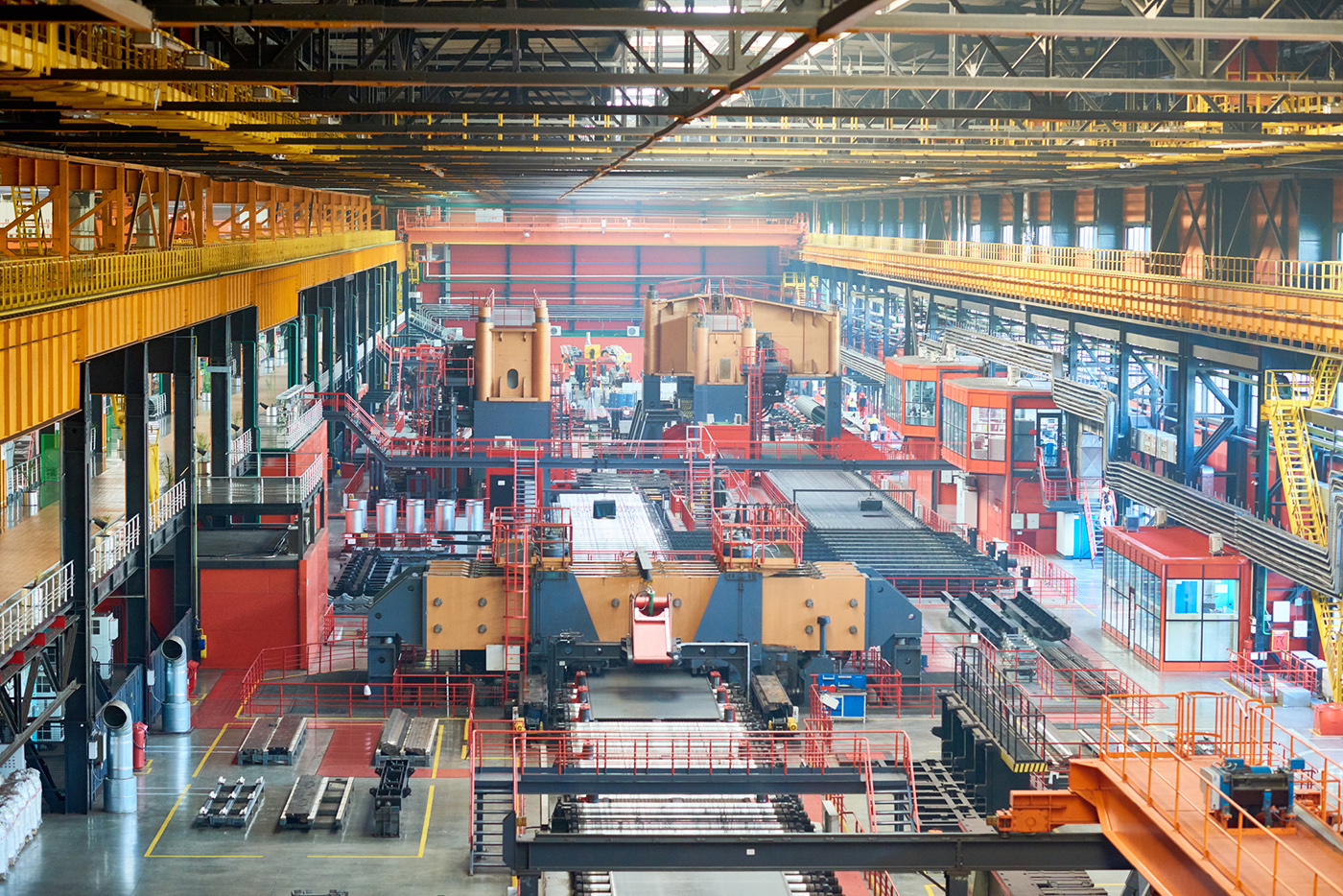Customization Is One of the Hottest Trends in Manufacturing
Customers want customized products. In 2019, Deloitte reported that more than 50% of customers were interested in acquiring personalized or custom products.

Mass customization is the process by which a mass-produced product can be tailored to meet individual customer demands, without a significant increase in cost or delivery time.
Being able to mass-customize products quickly is a distinct competitive advantage in the manufacturing world—not only can a manufacturer charge more, but it is a huge opportunity to build customer loyalty, brand awareness, and stand out from the competition. Accomplishing this requires an agile business model and investment in the technologies that will give customers the ability to choose their desired options, and manufacture and deliver them quickly, while still maintaining a cost-effective operation.
Such technologies include 3D printing and additive manufacturing (AM), networked production, and high-speed data transmission. Robotics are also key to successful customization. Modern robots equipped with artificial intelligence (AI) can improve efficiencies in high-mix, low-volume environments that are typical of customization. All these systems are integrated through the Internet of Things (IoT), which transforms manufacturing operations into more flexible units that can handle customization requests quickly and efficiently. With the help of IoT and AI, many different products can be manufactured at the same time, and in various volumes and mixes, without the need for reprogramming or other delays.
Mass Customization in Action
Mass customization is all about giving customers the ability to participate in the creation process of a product they desire and integrating this input at a mass-production scale. This is accomplished by having multiple features already designed that can be added by the customer, or by using completely original design specs submitted by the customer, often through a measurement app via cell phone.
Below are some examples of customization in action:
- Food and beverage. Oreo has created a “custom cookie experience” that allows consumers to customize Oreo cookies. They can choose from a wide range of colors, dips, and sprinkles and even personalize their cookies with uploaded photos or text. This customization strategy encourages customers to share their creations through social media. The data Nabisco collects are also useful for determining consumer preferences for future product development.
- Sports helmets. The NFL recently announced a partnership with Carbon, a 3D-printing firm, and Riddell, a sports equipment manufacturer, to produce 3D-printed football helmets, customized to perfectly fit the shape of an individual player’s head, providing better protection from head injuries.
- NIKEiD is a service provided by Nike that allows customers to personalize their shoes with different colors, patterns, and laces. Since its launch in 2012, the site has expanded to include other types of sportswear and apparel, and even established physical stores with designers who can help customers personally design their products with the latest design elements.
- Online retailer MTailor relies on scans using a smartphone app to capture measurements for customized shirts, suits, and jeans. The app is downloaded to the customer’s cell phone and is more accurate than using a measuring tape. The unique measurement system takes 16 measurements across a person’s body to ensure a perfect fit.
- For owners of a BMW MINI, the company has provided the MINI Yours Customized Service. Customers can select the customized changes they would like to have on their MINI, such as door handles and different patterns and finishes that reflect their personal styles. The customized designs for these components are then 3D-printed and installed.
- Hearing aids. Sonova has utilized 3D-printing technology to produce patient-specific hearing aids since 2001. 3D-printed shells are customized for each individual using a precise replica of an impression taken by a hearing professional, ensuring a perfect fit with enough room for the microelectronics. 3D printing has replaced the handcrafting method at Sonova, which could not provide the same level of customization or production volume.
- Earphones. Normal makes customized 3D-printed earphones. Customers download the company’s app to take a picture of their ears, “which are then uploaded through the app,” says Sculpteo, a 3D printing and additive manufacturing services firm. “The user then receives custom earbuds, fitted to their ear size and comfort preference. Even though the picture of the ear is two-dimensional, Normal can produce a custom-fit pair of earphones within 48 hours.”
Moving Forward
For manufacturers, mass customization plays an increasingly crucial role for which they must formulate a long-term business strategy. As demands grow for mass customization, manufacturers must have the ability to provide high-quality, customized products to stay competitive. If they are reluctant to invest capital up front for the needed technologies, they can hire companies that specialize in mass customization, such as ThreeKit, which works with major brands to create a 3D interactive experience that allows customers to build, rotate, and add product features in a 3D image.
“Mass customization combines the flexibility of custom-made products with the low unit costs achieved in mass production,” states Formlabs, which provides 3D-printing services. “Customized products can offer tangible benefits and create higher value perception for customers while providing higher margins than mass production for the manufacturers.”
- Category:
- Industry
- Construction
- Manufacturing
Some opinions expressed in this article may be those of a contributing author and not necessarily Gray.
Related News & Insights
Distribution, Robotics & Vision Systems
Shining a Light on the Lack of Fully Automated "Dark Factories"
Industry
January 06, 2026Construction
Design-Build and Self-Perform: the Perfect Pairing
Industry, Opinion
December 01, 2025Manufacturing
Gray Celebrates Groundbreaking for Global Leader Isuzu in South Carolina
Corporate News
October 02, 2025